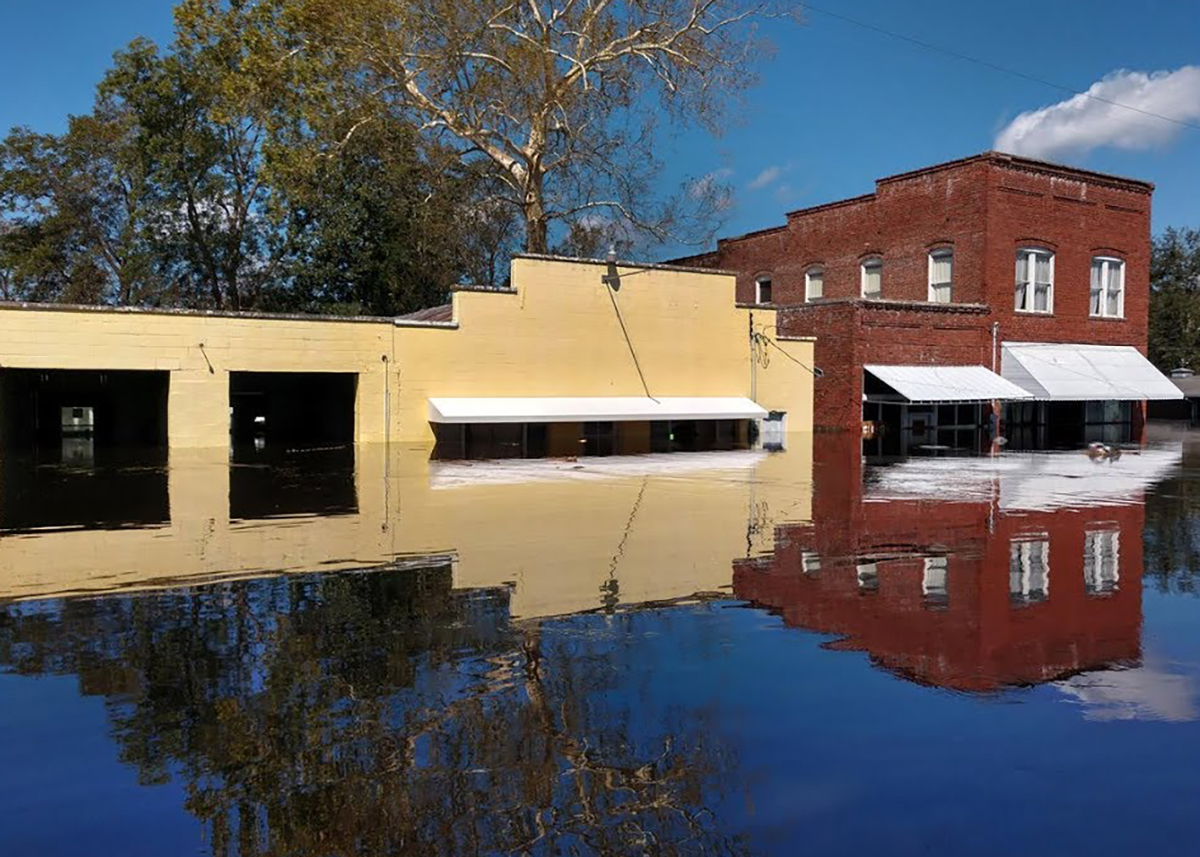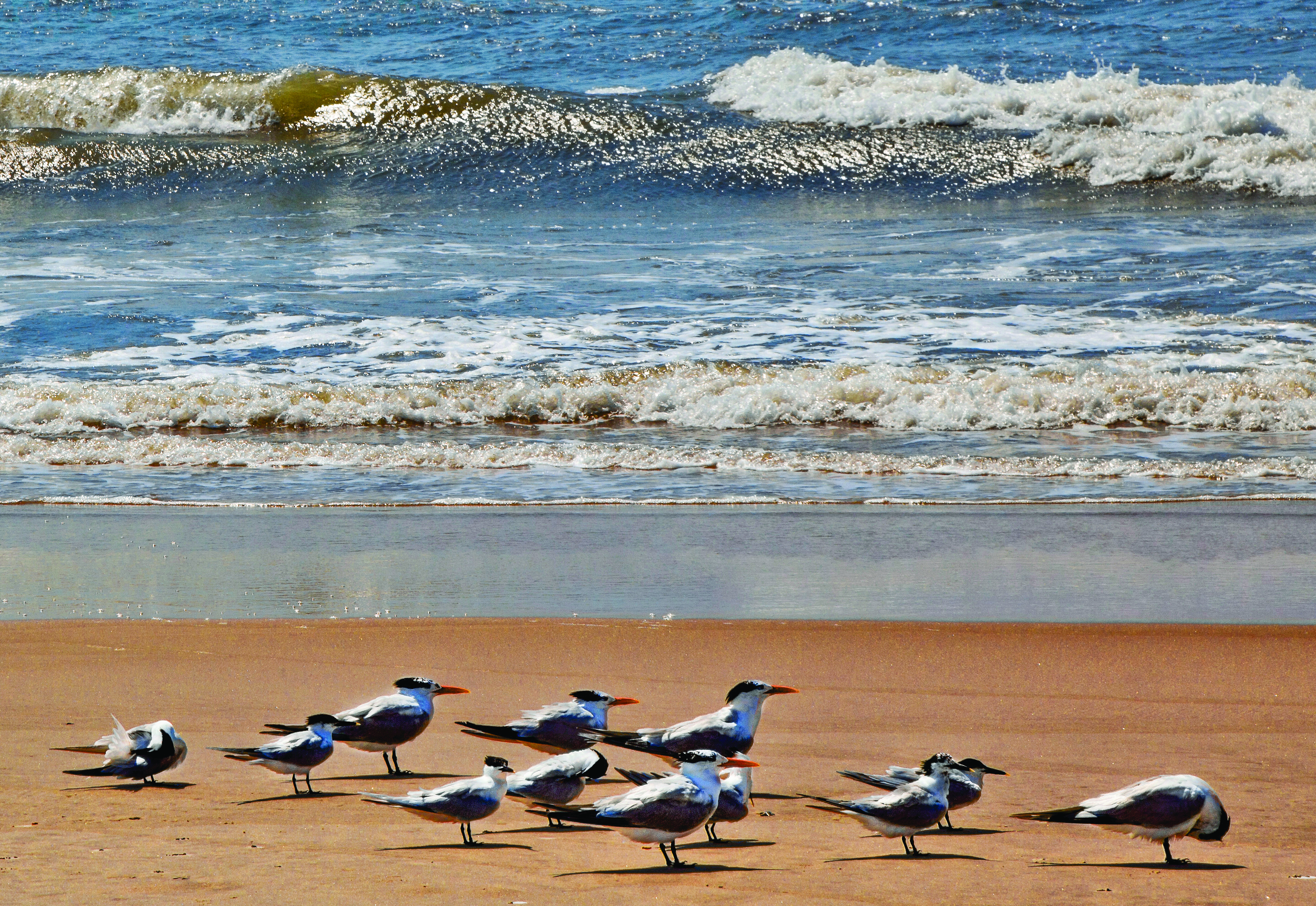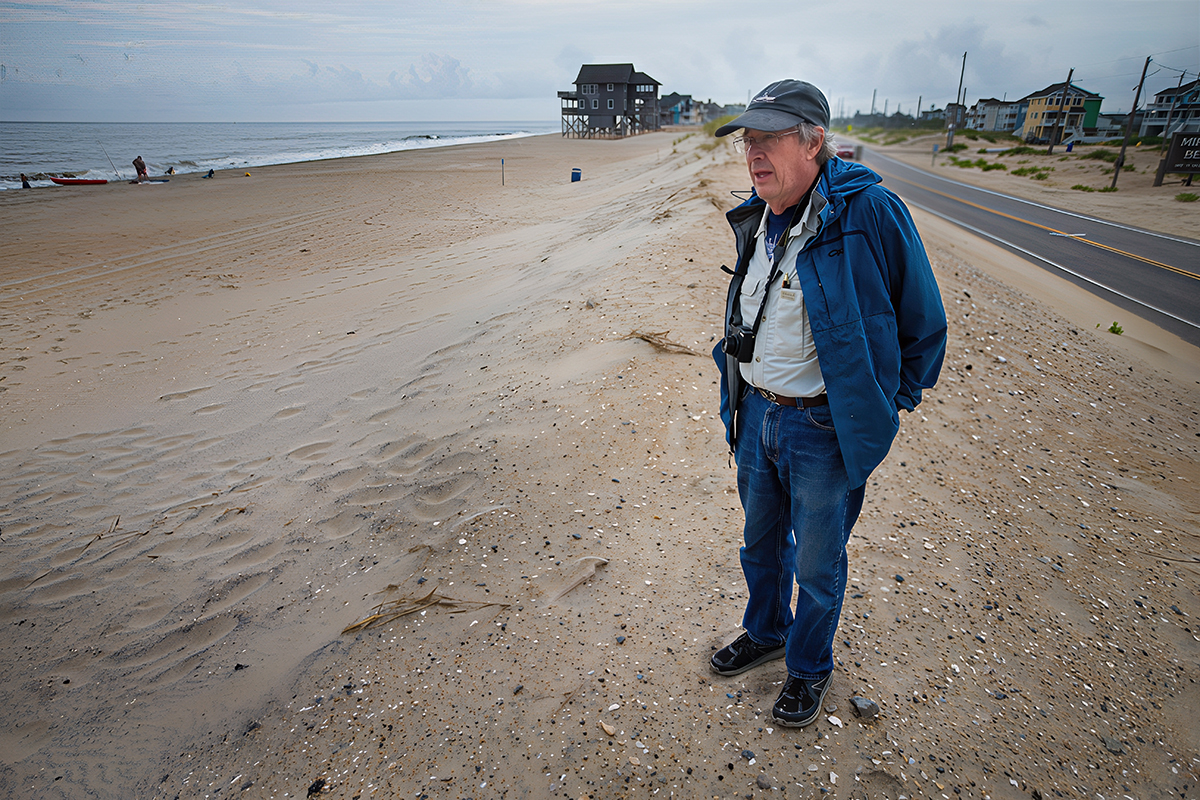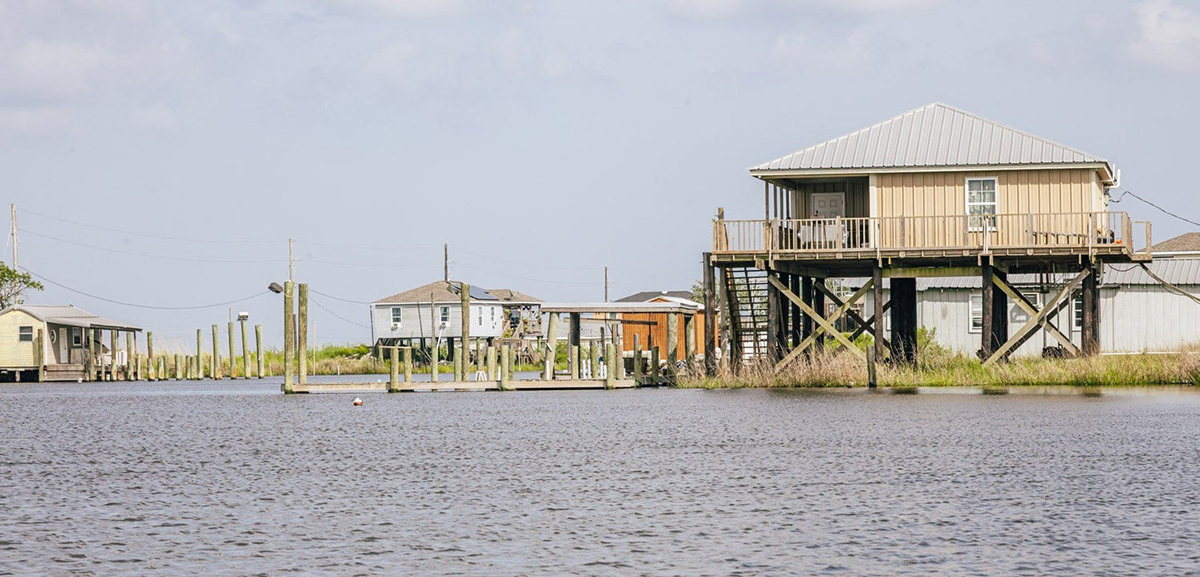KITTY HAWK — The Outer Banks has a history going back to the late 1980s of vocal and well-organized opposition to offshore oil exploration. Many communities on the Banks have added their names to the growing list of coastal town officially opposed to drilling. Some barrier-island communities, though, have yet to take a position on opening the Atlantic seaboard to drilling.
“We’re not going to take a stand one way or another at this time,” said Gary Perry, the mayor of Kitty Hawk, the northern Dare County town the Wright brothers made famous more than 100 years ago.
It’s not that the town doesn’t have apprehension about damage from potential spills, he said, or that its board of commissioners is unaware that most of its residents likely oppose drilling. But for the time being, he said, the town is waiting and watching as more is learned about the lease proposal.
“If there was a deposit, and they really wanted to pursue it,” Perry said, “then we would want them to prove that it can be done safely.”
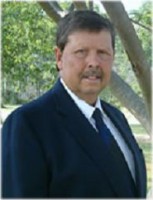
In Currituck County, where tourist haven Corolla on the Currituck Outer Banks bankrolls much of the county coffers, county commissioners are also holding back taking a stand until more is understood, said Vance Aydlett, the commissioner who represents the Outer Banks.
Aydlett said that several county officials recently met with U.S. Sen. Richard Burr, R-N.C., to discuss the topic, but he is not aware of any specific outcome from their conversation.
Supporter Spotlight
“From my perspective, I am very hesitant to see oil drilling there,” he said, “simply because of some of the disasters we have seen in other parts of the country and other parts of the world.”
Aydlett, 62, said that he and his wife have a family home in Carova, the off-road area between the Virginia line and Corolla, and he appreciates the beauty – and value – of the beach.
“I don’t think a person on vacation wants to look out their window and see an oil rig, or see big balls of tar on the beach,” he said.
Even the most sincere assurances, he added, cannot guarantee that there won’t be an accident. “Safe as it possibly can be,” he said, “doesn’t mean that it doesn’t happen.”

Southern Shores, a mostly residential town between Duck and Kitty Hawk, has yet to address drilling at the council level, said Mayor Tom Bennett – although several members have spoken about the issue individually.
Bennett, however, said that he is opposed to drilling primarily because of the potential detriment to the “very dynamic” tourism business.
“It could really be devastating to the whole industry and the whole state,” he said. “I think it would be a mistake to drill offshore.”
Bennett said that most of his contemporaries have voiced opposition to drilling. He said that the best approach is to coordinate with the local community and send a delegation to Raleigh to speak to the governor about slowing down the process.
“You organize, you mobilize, you try to analyze what your options are,” he said.
On the southern tip of the Outer Banks, Ocracoke villagers are solidly against drilling, but the Hyde County Board of Commissioners has yet to take a position on it, said county manager Bill Rich.
“I would say that they’re waiting to see what’s going to happen,” he said of the board.
Rich said that several county officials recently met with Burr to discuss the pros and cons of drilling. He said that Burr did not promote one side or the other.
Similar to Corolla and Currituck County, tiny Ocracoke Island is a mega-engine of tourism revenue for rural and otherwise poor mainland Hyde County.
Rich hesitated to speak for the commissioners, but he did say that when it came down to it, he is “pretty sure” they would vote against offshore drilling.
“There’s no question to me that Ocracoke is totally against it,” he said, “and that mainland Hyde County doesn’t see much value to it.”



